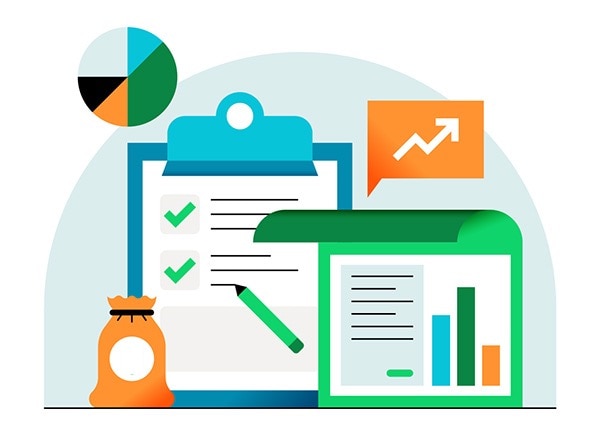Types of small business loans
There are many types of business loans for starting a business, each offering different terms that will benefit different businesses. Here are some that you might want to consider for your business idea:
Line of credit
A flexible form of financing that allows businesses to access funds when they need it, with interest paid only on the amount borrowed. It provides a safety net for unforeseen expenses and variations in cash flow.
Term loans
Term loans are a typical form of borrowing that require consistent payments over a predetermined period of time. They are often utilized for the purchase of equipment or to support business growth.
Microloans
Specifically for new small businesses, microloans offer smaller loan amounts compared to traditional loans from banks. These loans often go along with mentorship and support to help grow businesses under expert guidance.
Invoice financing
This type of loan helps small businesses facing cash flow issues. Rather than waiting for clients to pay their invoices, invoice financing lets businesses unlock their value immediately to convert them into capital.
Industry-specific loans
Rather than a generic small business loan, this type of loan is catered towards the needs and challenges of specific industries like healthcare, agriculture, technology, or hospitality.
Alternative or online loans
Sometimes traditional banks won’t lend to small businesses because they don’t yet have a track record to prove they’ll be able to pay the money back. For this reason, online lending is a viable option available to small businesses.
Government loans
Governments usually reserve a portion of the annual budget to help small business owners finance their businesses, which in turn, boosts the economy. In many cases, these government loans are offered by traditional banks. This reduces the risk for the lender and provides better funding for the borrower.















